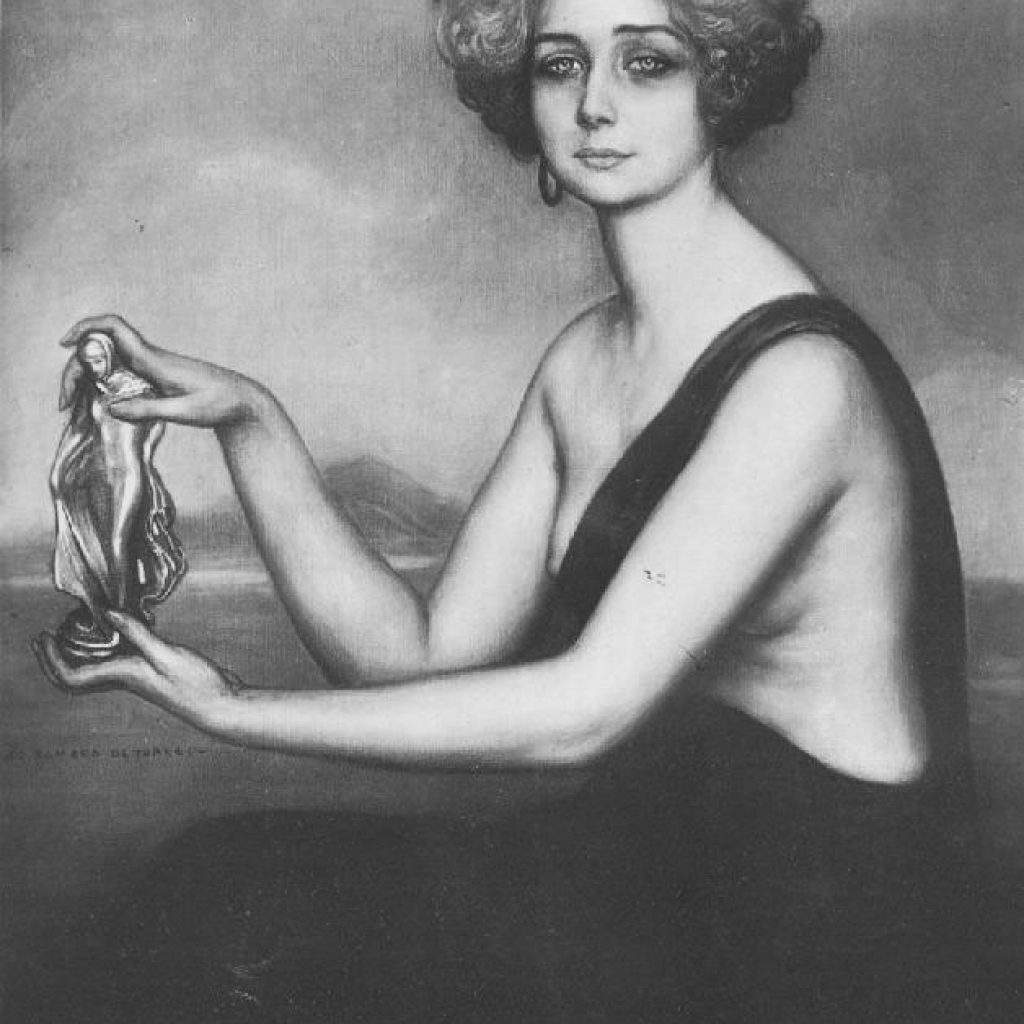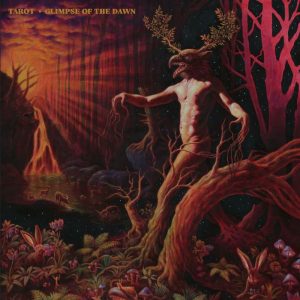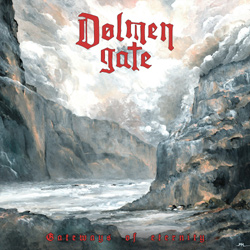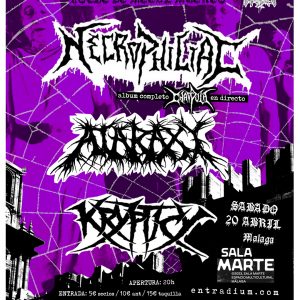Role Models: Teresa Wilms Montt – Viscerality as Activism

The notion of “viscerality as activism” aptly describes Chilean author Teresa Wilms Montt’s atypical life. She was born into an aristocratic family in 1893, but was a rebel from a young age: she married at 17 against her parents’ will. When her husband later accused her of adultery, she was confined in a convent where she did much of her personal diary writing (similar to Virginia Woolf or Alejandra Pizarnik). Having been separated from her daughters, she escaped to Buenos Aires with the poet Vicente Huidobro. She travelled to New York, later to Europe, where during her stay in Spain would meet, among many others, Ramón del Valle-Inclán.
In the prologue he penned for her poetry anthology Anuari (dedicated to a young teenager who was in love with Teresa and committed suicide in front of her), which she had written in Madrid, he spoke of Teresa as a voice “full of centuries and youth”, “of derful Alexandrine grace” and whose poems are like “verses from a sacred book” with “the mysterious resonance of the elemental voices».
Her life was as eventful and cinematic as it was tragic: After she had become addicted to sleeping pills and opium, Teresa, also heartbroken by not being able to be with her daughters, suffered bouts of heavy depression. She survived a first suicide attempt, but not the second. On December 24th, 1921, she took her own life in Paris. Due to its tragic ending, her life has been mythologised and often associated with the cliché of the “cursed poet”. Teresa refused to be categorised and resisted against the oppressive social norms of her time. She did not want to be hemmed in by social or emotional boundaries, and had no reservations when it came to expressing herself or in her way of acting on her anarcho-feminist and freemason stance. Freethinking Teresa, walker of the Occult, transgressed the social codes of her period and class while challenging patriarchal structures of feeling. But she has often been misrepresented as a “femme fatale”, a superficial and sexist caricature that completely distorts the complexity of who Teresa Wilms Montt really was and what she did. Similar simplifications have also occurred in public awareness of other artists, such as Sylvia Plath, whose tragic life is better known than her lyrical work.
Teresa’s viscerality was a form of activism: transmission of affect as a form of uprising. Becoming more closely acquainted with her life and work broadens our horizons and makes us realize how important it is to create a genealogy of womxn’s voices without forgetting to take a look at South America, and to embrace an inclusive approach.
Teresa exuded
passion in her words. Passion for life. Passion for death. For her daughters.
For love. Passion for passion. And passion for the Beyond. She also played with
erotism and sensuality linked to spirituality in that special way she had of
fighting against death and at the same time of chasing it in a seductive dance.
Her personal experiences darkened her poems, it emanates from her words that
are as somber as they are vehement. Personal words that are also influenced by
the social movement she experienced. One of these was the feminist and working
class movement in Chile, enlivened by the 1913 visit of the Andalusian feminist
Belén de Sárraga Hernández, who turned the Chilean elite upside down with her
speech Condemnation of the Enforced Societal Role of the Mother and Submissive
Wife, and Against the Moral Authoritarianism of the Catholic Church. Then,
when Teresa lived in Spain, she experienced the movement of women workers who
put forward feminist demands, whose prominent figures were Teresa Claramunt,
María de Echarri and Clara Campoamor.
Teresa’s first publication – signed under the pseudonym Tebac – already showed
her instinctive feminist and anarchist stance, inspired by Belén de
Sárraga and Chilean politician Luis Emilio Recabarren. In her literary
production we can feel the communion between her need to release her spirit
from its carnal prison, her incomprehension of the environment, her latent
non-conformism, but also her self-harming tendencies. Her words are so intense
that they become almost tangible. From the guts. A heart-rending scream that
breaks up with everything. Her intense life and the dierceness with which she
lived it, found themselves perfectly channeled through her pen.
Nobody ever defined better who Teresa Wilms Montt was than Teresa Wilms Montt herself in her diaries titled Inquietudes Sentimentales:
I am Teresa Wilms Montt… And even though I was born one hundred years before you did, my life was not that different from yours. I also had the privilege of being a woman. It is difficult to be a woman in this world. You know that better than anyone. I lived intensely every breath and every moment of my life. I dripped woman. They tried to suppress me, but they did not take me down.
When they turned their backs on me, I stood up.
When they left me alone, I gave company.
When they wanted to kill me, I gave life.
When they wanted to lock me up, I searched for freedom.
When they loved me without love, I gave more love.
When they tried to shut me up, I screamed.
When they beat me, I replied.
I was crucified, dead and buried by my family and by society.
I was born one hundred years before you did and nevertheless, I think you are like me.
I am Teresa Wilms Montt, and I am not suitable for young ladies.







